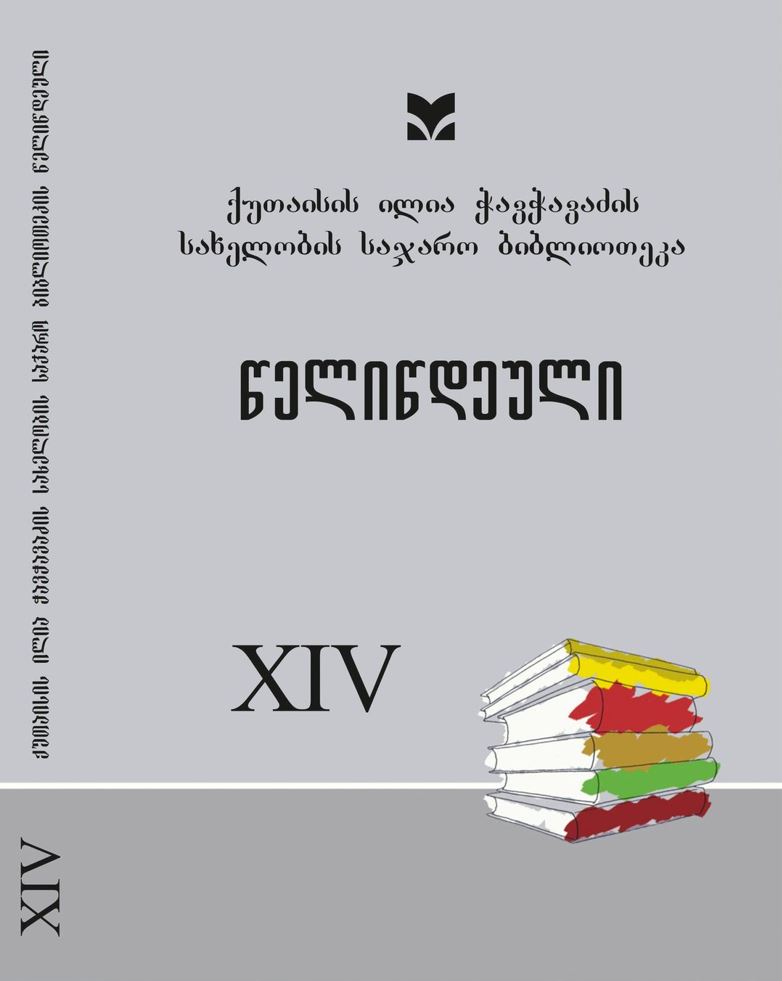The narrative of war and peace in modern Georgian literature (According to "Let’s Speak - 33 Stories about Abkhazia“)
DOI:
https://doi.org/10.61491/yk.14.2022.6980Keywords:
The issue of Abkhazia in modern Georgian literature, The theme of war and peace in modern Georgian proseAbstract
The research problem of this paper pertains to the thematic exploration of war and peace in modern Georgian literature. The profoundly impactful human experiences associated with war and the subsequent psycho-emotional consequences intricately depict the boundaries of our collective humanity. Therefore, the latest developments in Georgian literature present a captivating phenomenon that necessitates meticulous examination. The successful cultivation and internalization of the concept of peace
among conflict participants significantly hinge upon its artistic representations within this context. Efforts to reevaluate values and establish a new societal order would be futile without drawing upon the spiritual wisdom embodied in culture. Within the realm of Georgian literature, the activation of historical memory, positive traditions, and cultural values assumes paramount importance in the quest to overcome conflict. It is worth noting, however, that no universally applicable formula has been devised to ensure absolute effectiveness in post-conflict periods. The present study delves into the prose works of contemporary Georgian writers (1990-2021), specifically those encompassed in the anthology „Let’s Talk - 33 Stories about Abkhazia“, published in 2019. The analysis revolves around the artistic characteristics of these narratives, which serve as poignant reflections of the Georgian nation’s perspective on the imperative nature of peace. The research corroborates that these literary works offer a meticulously crafted and sincere portrayal of the tumultuous events during the Abkhazian war, steadfastly committed to the ideals of peace and resolutely averse to endorsing calls for vengeance. The latest contributions to Georgian literature admirably preserve a tradition grounded in universal humane principles, fortifying its significance not only within the national cultural sphere but also in the broader global cultural context.




